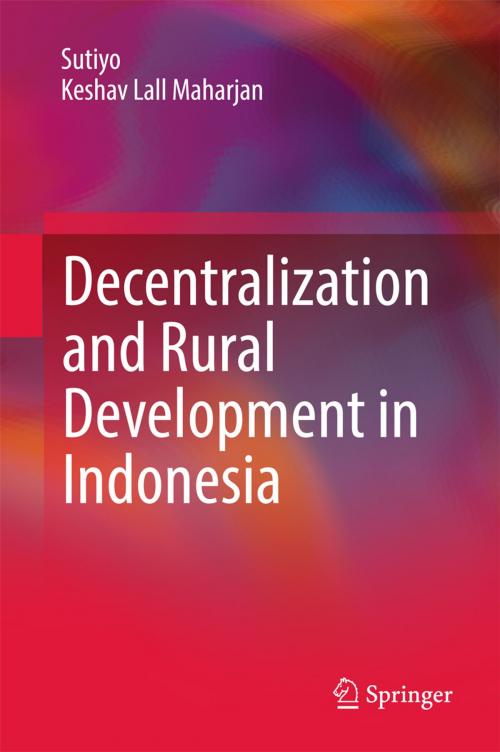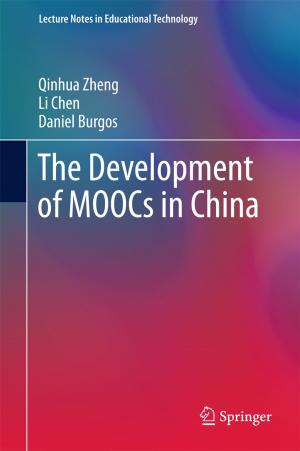Decentralization and Rural Development in Indonesia
Nonfiction, Social & Cultural Studies, Political Science, International, International Relations| Author: | Sutiyo, Keshav Lall Maharjan | ISBN: | 9789811032080 |
| Publisher: | Springer Singapore | Publication: | January 18, 2017 |
| Imprint: | Springer | Language: | English |
| Author: | Sutiyo, Keshav Lall Maharjan |
| ISBN: | 9789811032080 |
| Publisher: | Springer Singapore |
| Publication: | January 18, 2017 |
| Imprint: | Springer |
| Language: | English |
This book integrates the fundamental theories of decentralization and rural development, providing a comprehensive explanation of how they can be successfully implemented to improve the livelihoods of rural communities in Indonesia. The topics addressed in this book include participatory budgeting, social capital, community participation, local capacity development, and poverty alleviation, which are discussed in detail from the perspectives of local politics, public administration, rural economy, and community studies. The multifaceted interrelations between these disciplines are analyzed to formulate a framework identifying the opportunities and challenges involved in formulating guiding principles for the implementation of decentralization. Readers are provided with the necessary intellectual groundwork through theoretical discussions and case studies involving grassroots realities in Indonesian villages. This book is highly recommended for all readers who are seeking an in-depth understanding of modern efforts to effectively implement decentralization in developing countries to promote local democratization, community empowerment, and poverty alleviation.
This book integrates the fundamental theories of decentralization and rural development, providing a comprehensive explanation of how they can be successfully implemented to improve the livelihoods of rural communities in Indonesia. The topics addressed in this book include participatory budgeting, social capital, community participation, local capacity development, and poverty alleviation, which are discussed in detail from the perspectives of local politics, public administration, rural economy, and community studies. The multifaceted interrelations between these disciplines are analyzed to formulate a framework identifying the opportunities and challenges involved in formulating guiding principles for the implementation of decentralization. Readers are provided with the necessary intellectual groundwork through theoretical discussions and case studies involving grassroots realities in Indonesian villages. This book is highly recommended for all readers who are seeking an in-depth understanding of modern efforts to effectively implement decentralization in developing countries to promote local democratization, community empowerment, and poverty alleviation.















